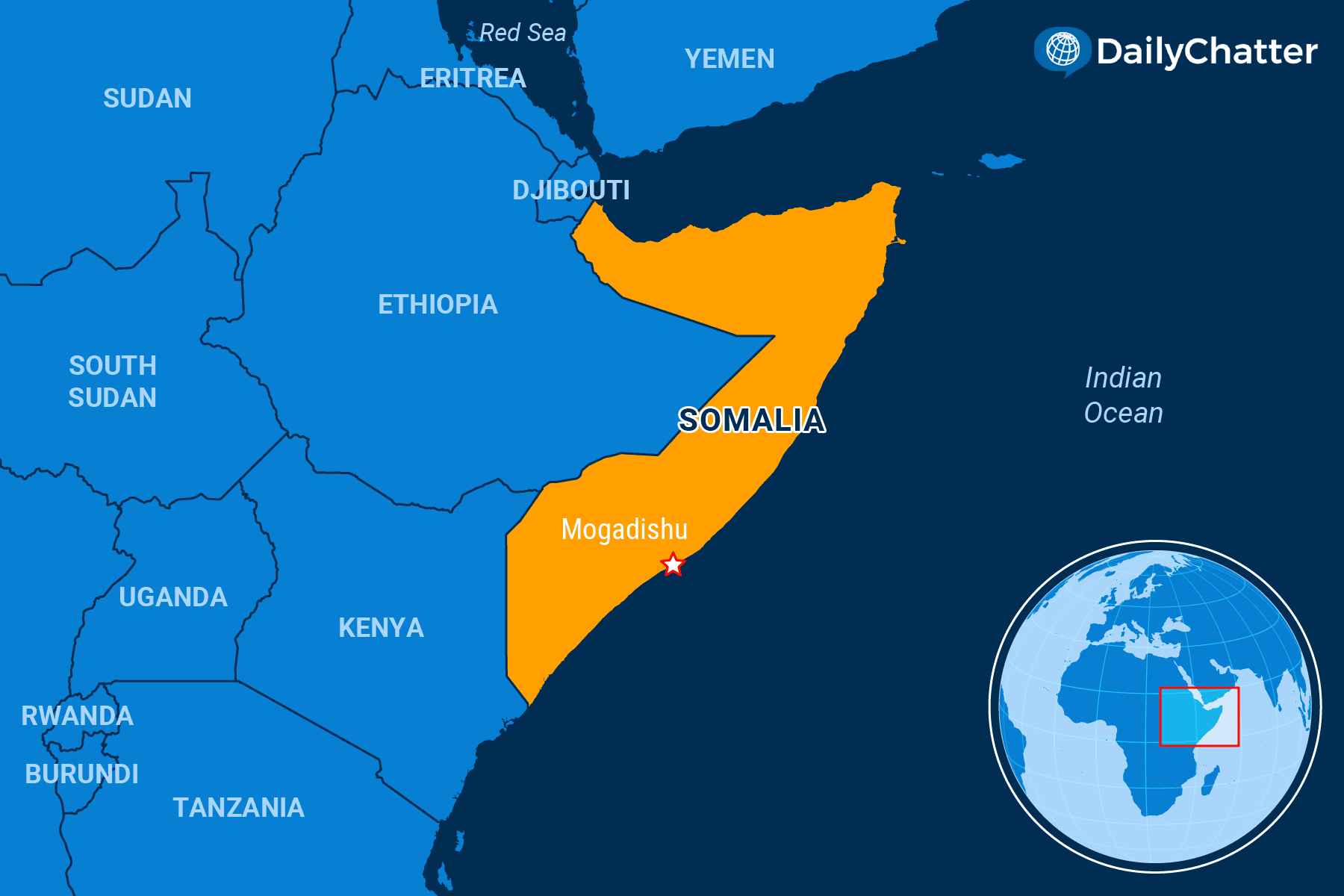
The World Today for July 05, 2024
NEED TO KNOW
The Many Shades of Terror
SOMALIA

The Somali National Army suffers from bungling leaders, inexperienced field officers and corrupt overseers who steal food, military equipment, weapons, and ammunition to sell on the black market, reported Voice of America, citing unnamed senior American military officials.
That incompetence entails costs. In the last six months, for example, Al Shabab, a jihadist terror organization with as many as 13,000 fighters operating throughout the Horn of Africa, has reversed the hard-won gains that the Somali National Army made against them in the past two years.
Boasting ties with Al Qaeda, which executed the September 11 attacks on the US in 2001, Al Shabab is allegedly also readying to deploy weapons from the Iran-backed Houthi rebel forces in Yemen, noted CNN.
These weapons are potentially a signal for more cooperation between them, and instability for others. The Houthis are Shiite Muslims, while Al Shabab are Sunni Muslims who historically oppose Shiites. The Houthis need other sources of cash, however, to finance their war against their country’s Saudi Arabian-recognized and supported government and their campaign to disrupt maritime commerce in the Red Sea and Gulf of Aden. Both groups also view the US as their enemy.
Ismail Osman, former deputy director of Somalia’s national intelligence agency, said the accusations were overstated, disputing for example that the Somali National Army is ineffective. He also believes a close Al Shabab alliance with the Houthis is impossible. Meanwhile, he said, civil society in the country has been improving.
“The Somali government, with the support of its citizens, continues to work toward establishing effective governance and security structures,” he argued in Modern Diplomacy. “The portrayal of Somalia as a failing state overlooks these grassroots efforts and the significant strides made in recent years.”
The African Union, an important regional association of countries that seeks to ensure security on the continent, is nonetheless deeply concerned. The bloc recently pledged to replace the more than 13,000 peacekeeping soldiers now expected to leave the country by the end of the year, added Bloomberg.
Defeating Al Shabab was among the top priorities of Somali President Hassan Sheikh Mohamud, who took office in 2022, having already served in the same position from 2012 to 2017. His failure to achieve his pledge to defeat the group has weighed heavily on Somalis who want to believe in their country, World Politics Review wrote. Such confidence is vital in a land where many citizens remember the collapse of the state all too well, explained the Council on Foreign Relations.
Meanwhile, aside from security concerns, some seemingly intractable problems belie the progress that Osman describes. For example, the economy is unstable, being dependent on agriculture which is subject to droughts and flooding. After agriculture, the second largest contributor to GDP is foreign aid. Meanwhile, another fifth of GDP comes in from the Somali diaspora around the world.
Nowhere are the impacts of the shaky security and economic situations, along with climate change, clearer than on food security: In 2021 began the worst drought the country has experienced in 40 years, pushing it toward famine – before it was followed last year by flooding that wiped out farms and cropland. This added to food shortages and price spikes for commodities, while creating a million more displaced individuals to bring the total to 4 million in the country.
Now, millions are facing “crisis” food insecurity. That includes people like Halima, a mother of five children, who left her home in the Bay region in southwest Somalia after her livestock died and the ground became infertile due to drought, and she ended up walking hundreds of miles to a refugee camp in Dhusamareb in search of water and food.
Now she dreams of being able to provide the basics for her children.
“I would love my kids to get the necessary food to allow them to go to school,” she told the International Rescue Committee. “They can’t get an education while they are hungry.”
The Economist magazine, describing the impact of the drought and flooding and the resulting famine and displacement, said the situation has been exacerbated by the long history of misery in the country.
“Extreme weather and conflict are the most direct causes of the current crisis,” the magazine wrote. “But they would not be nearly as deadly if Somalia’s people had not been impoverished by decades of fighting and rapacious rule by warlords, jihadists and corrupt officials.”
To read the full edition and support independent journalism, join our community of informed readers and subscribe today!
Not already a subscriber?
If you would like to receive DailyChatter directly to your inbox each morning, subscribe below with a free two-week trial.
Support journalism that’s independent, non-partisan, and fair.
If you are a student or faculty with a valid school email, you can sign up for a FREE student subscription or faculty subscription.
Questions? Write to us at [email protected].
